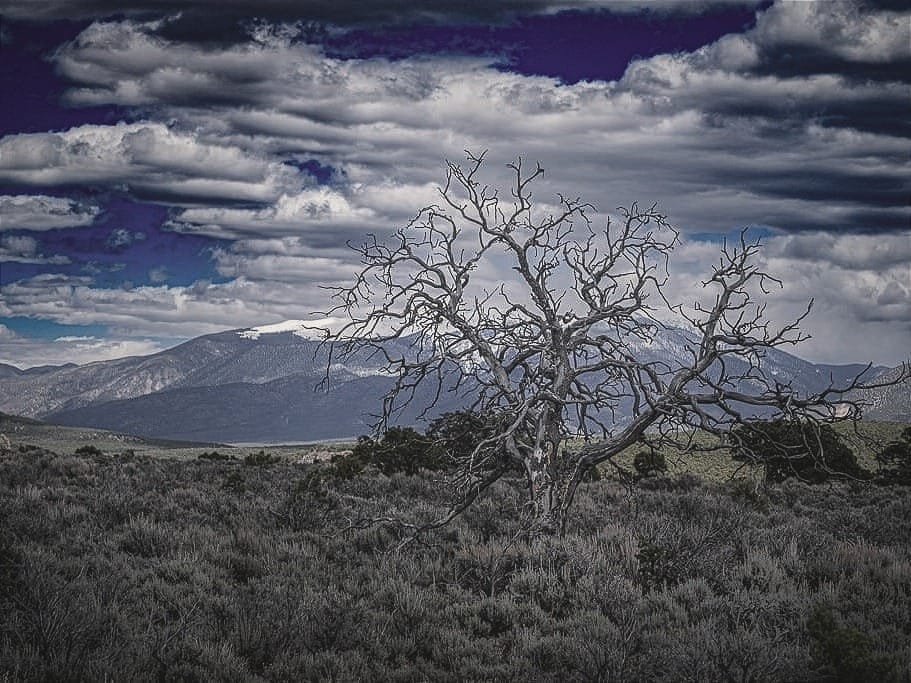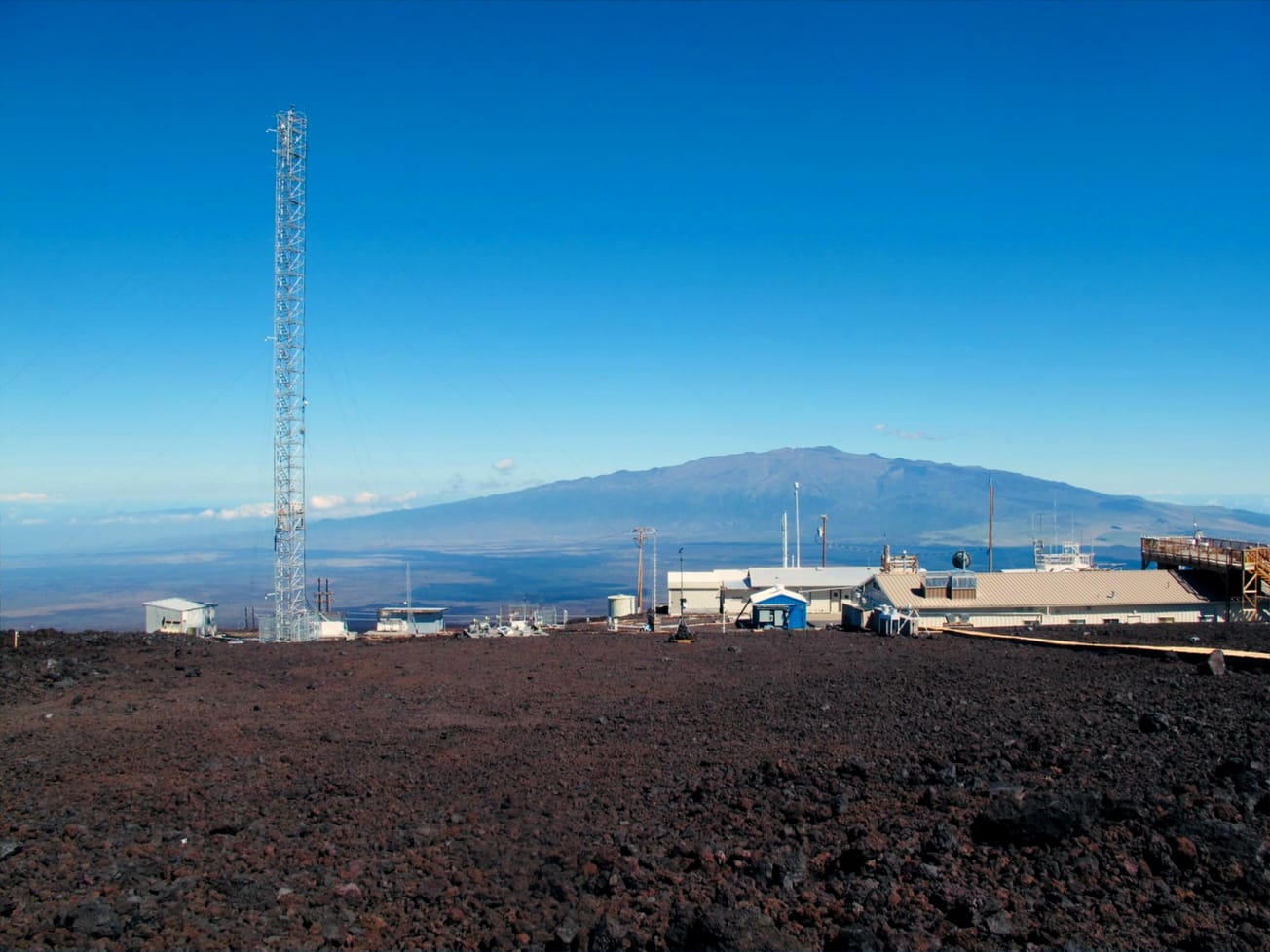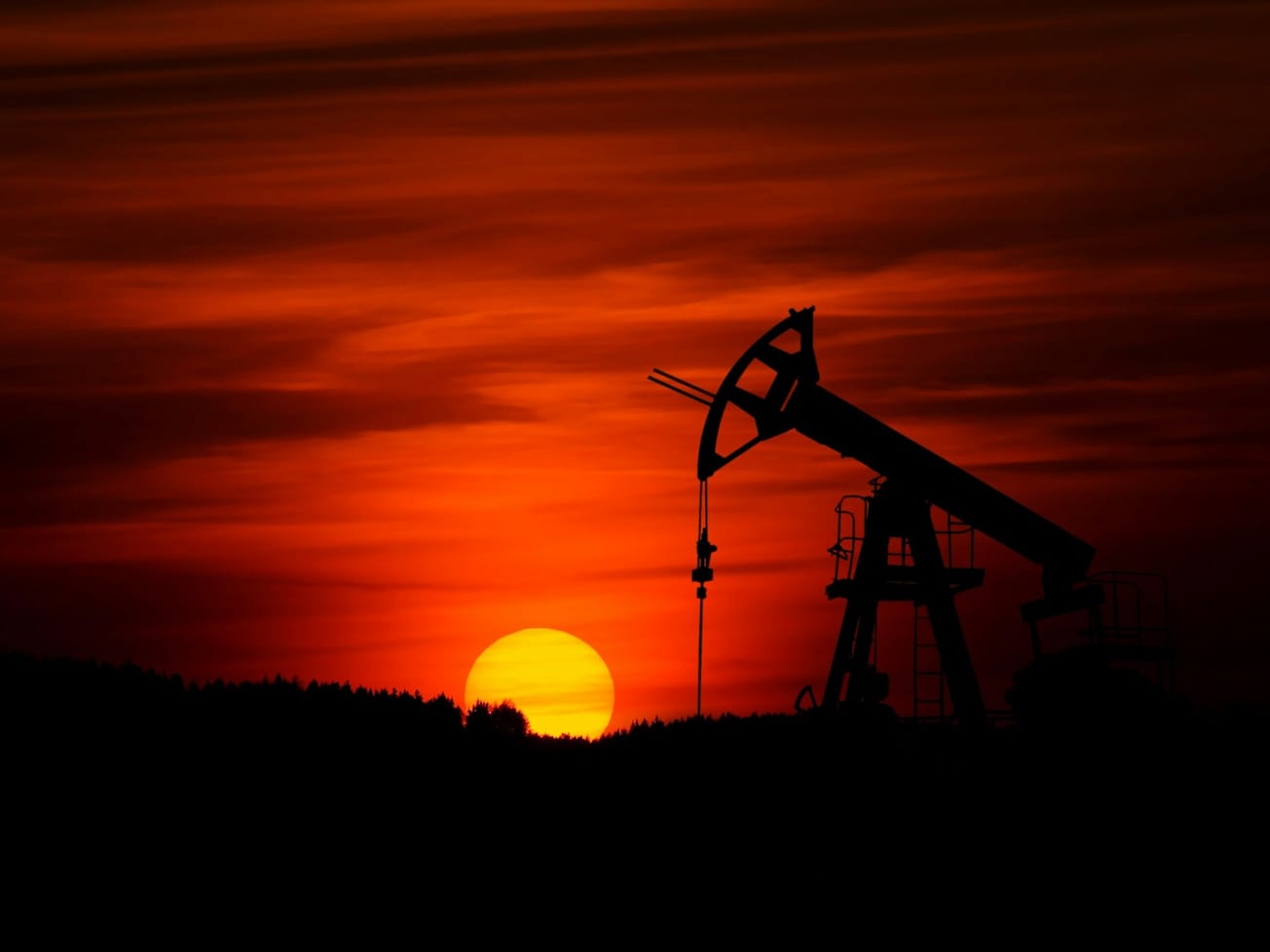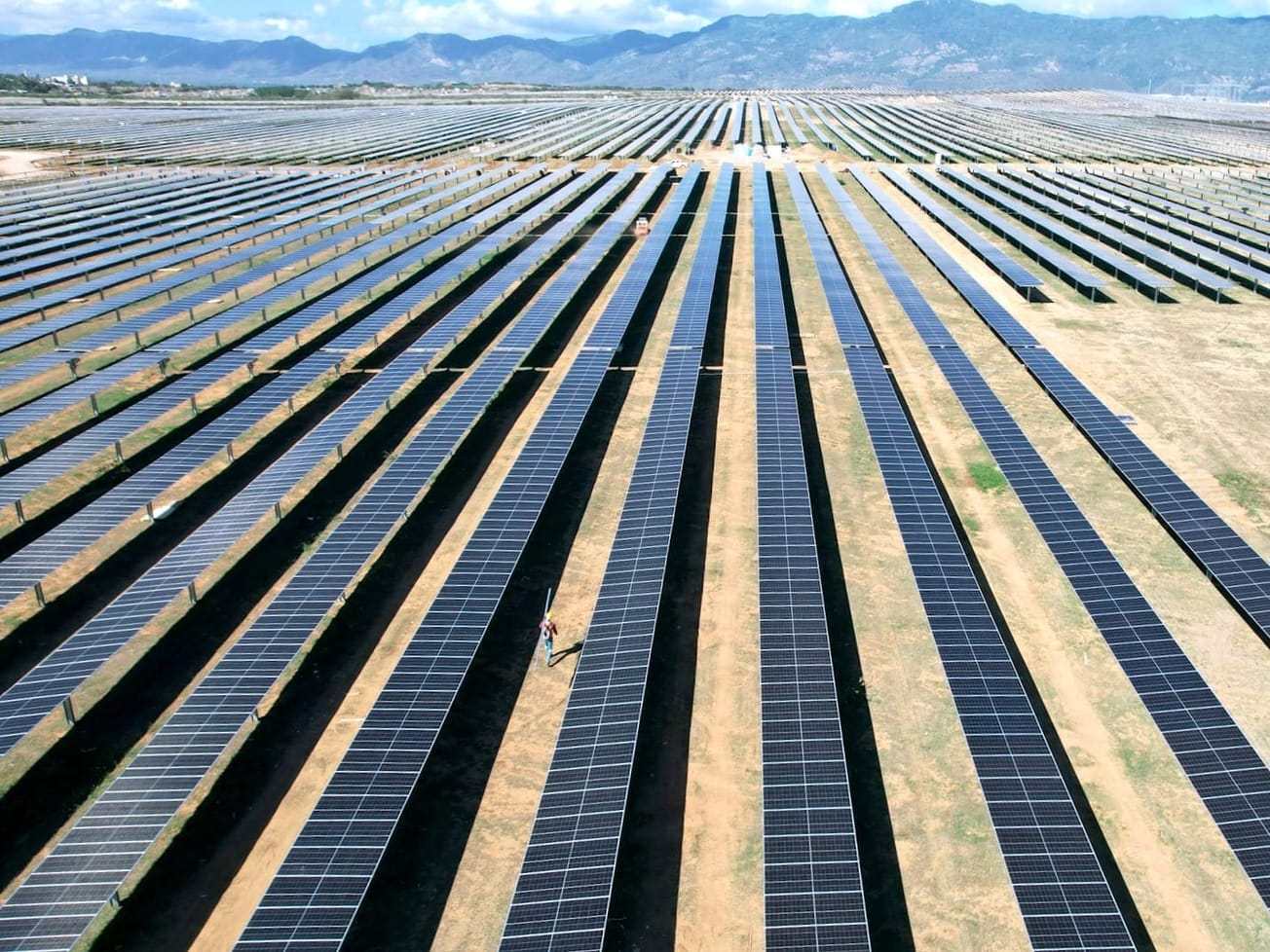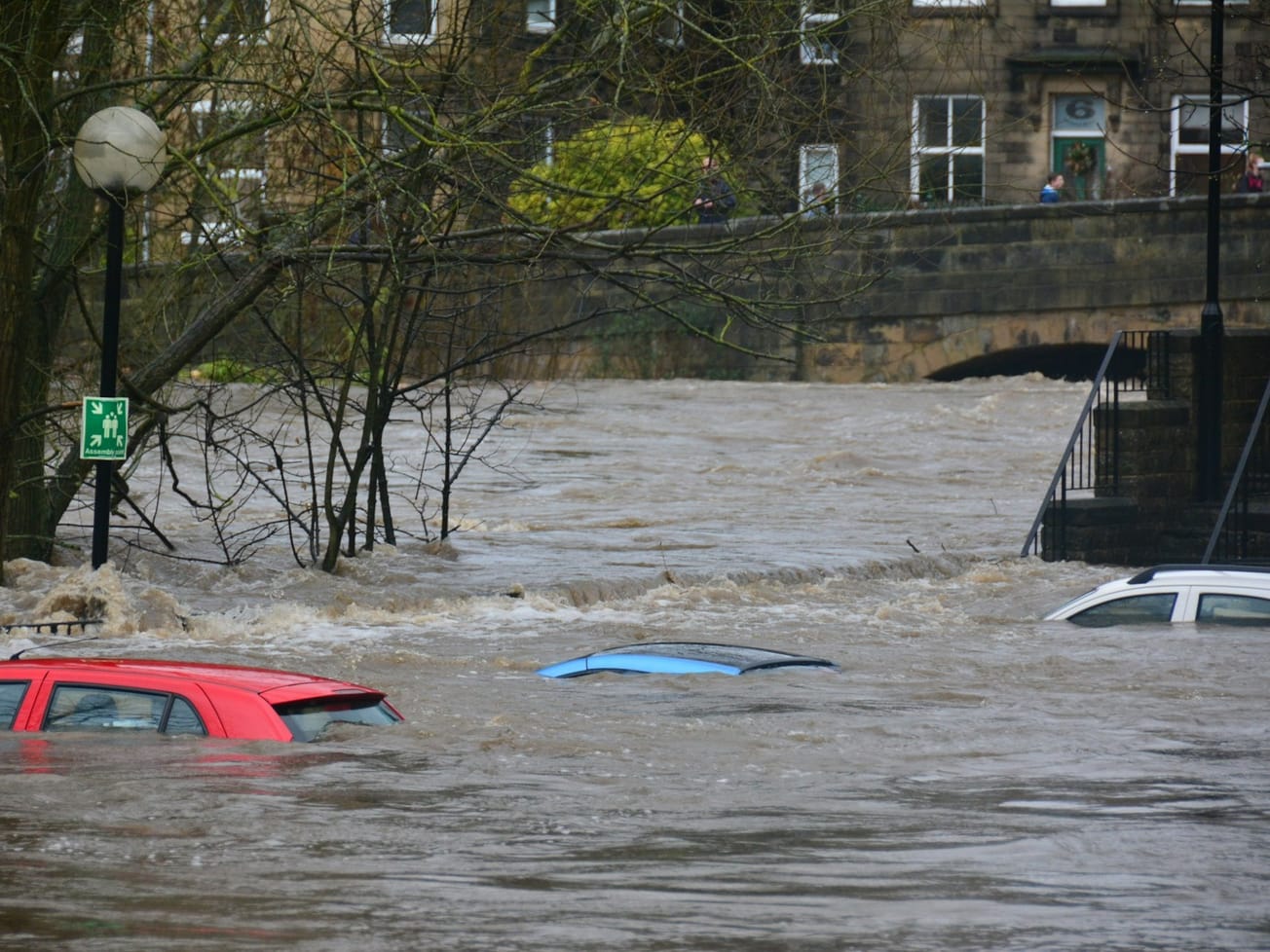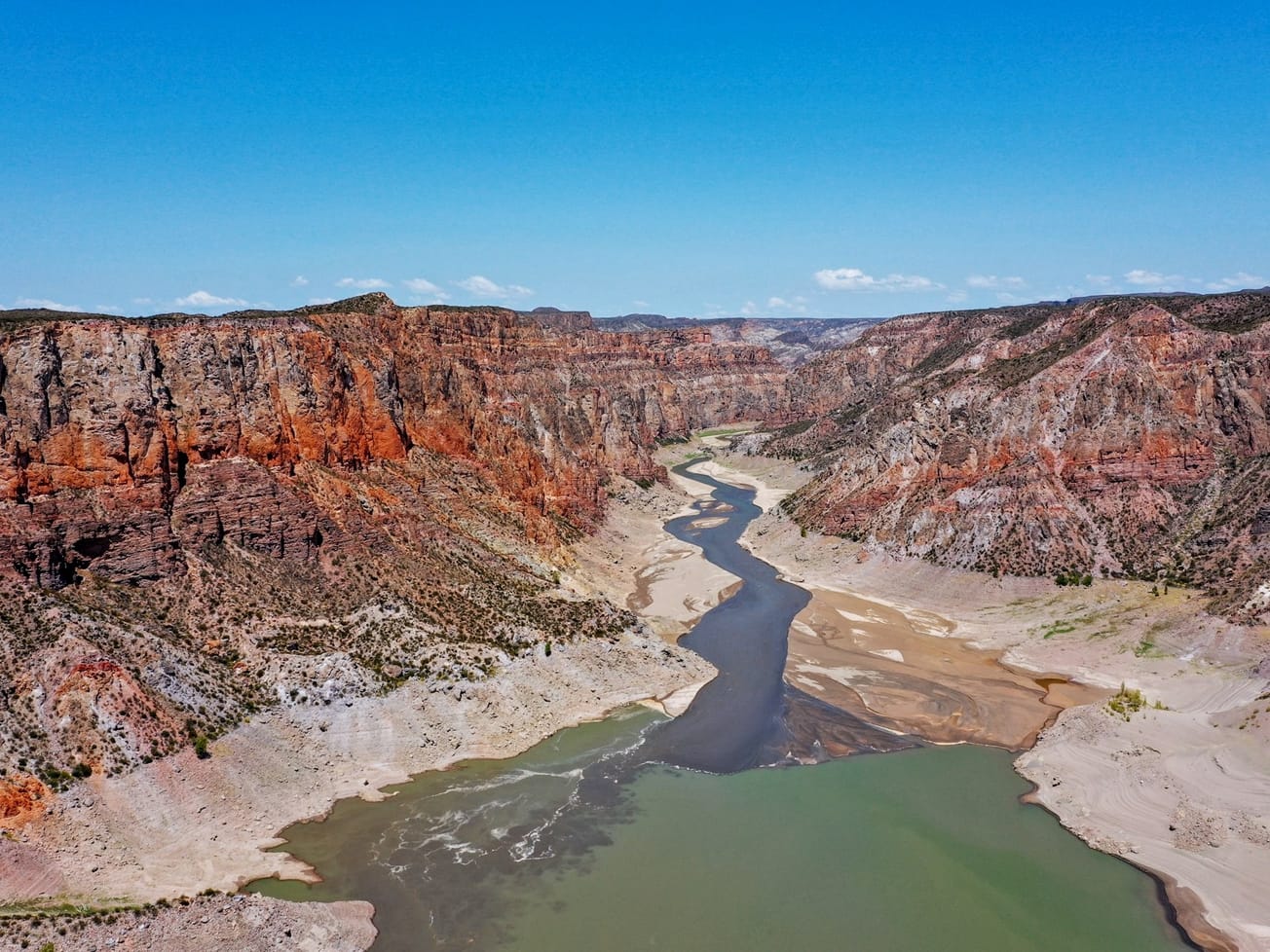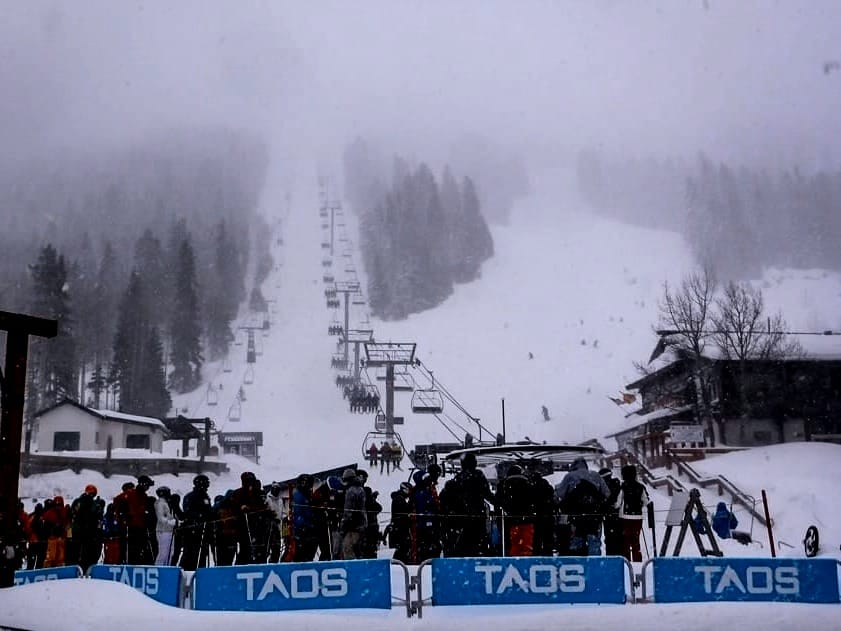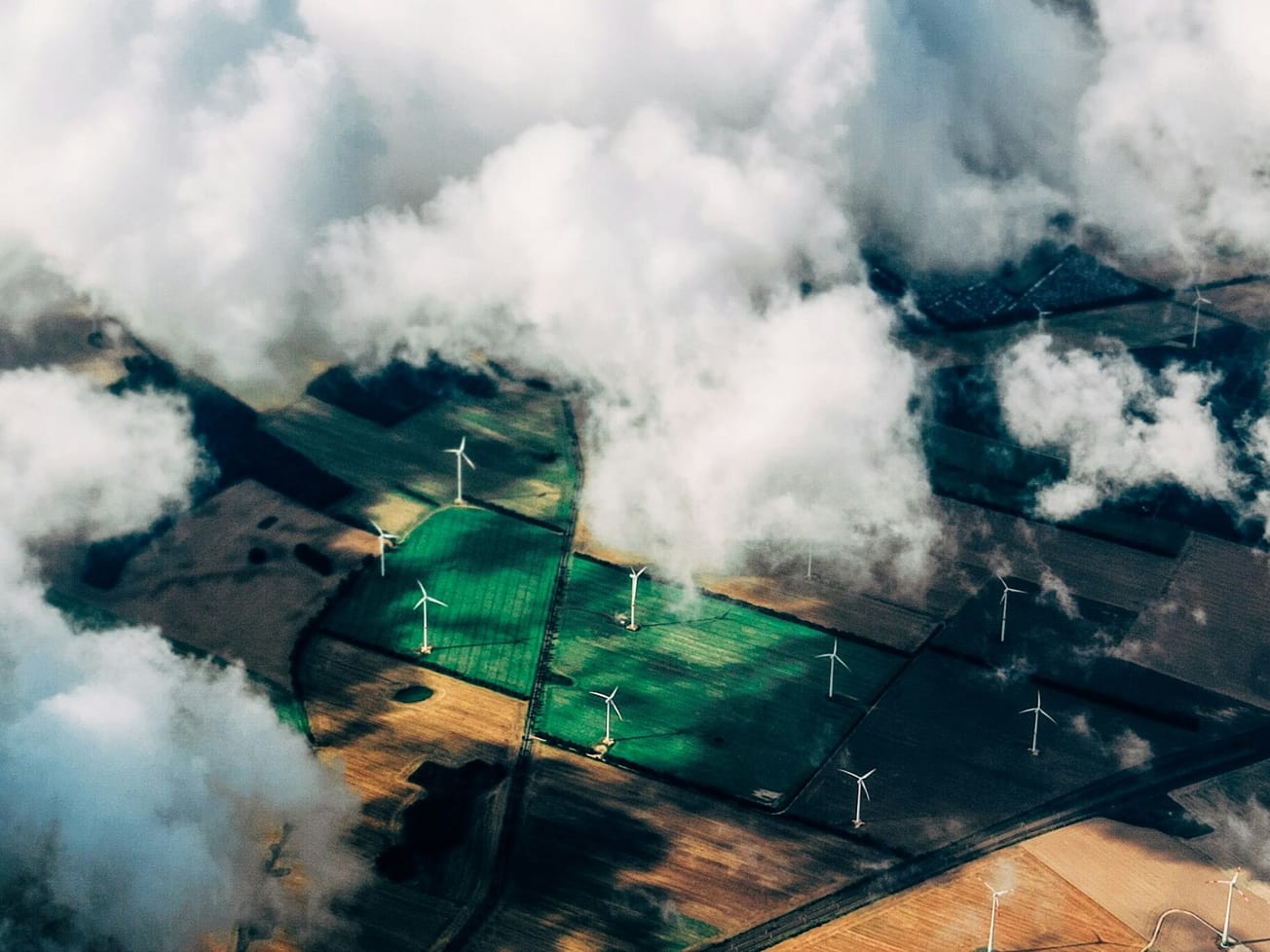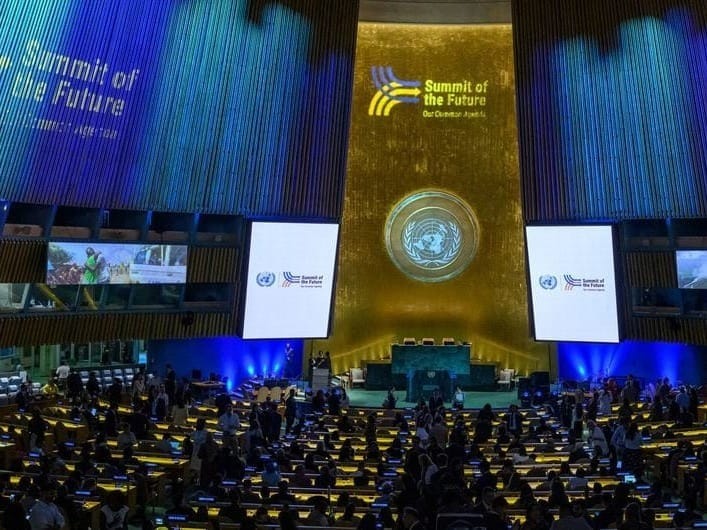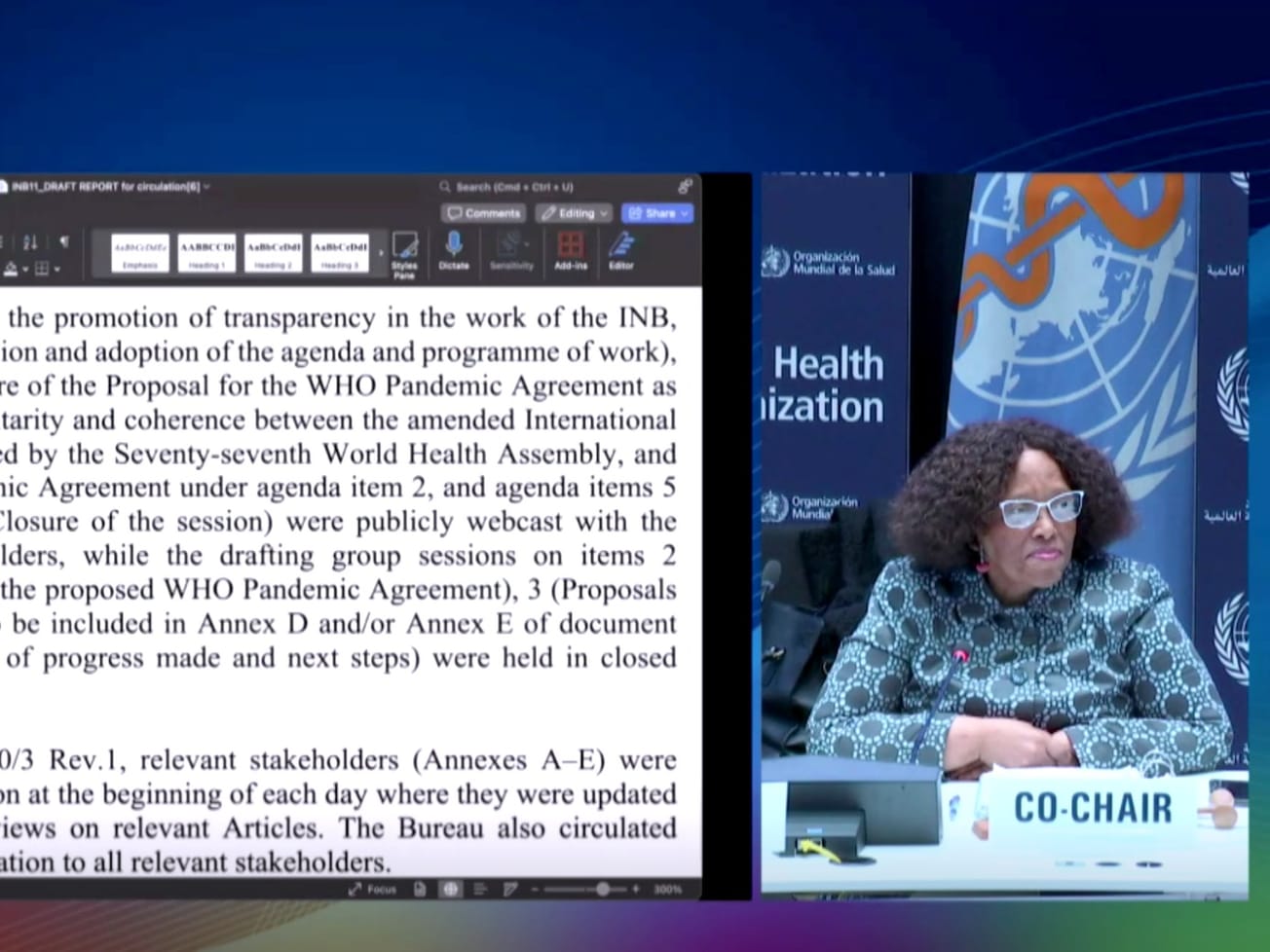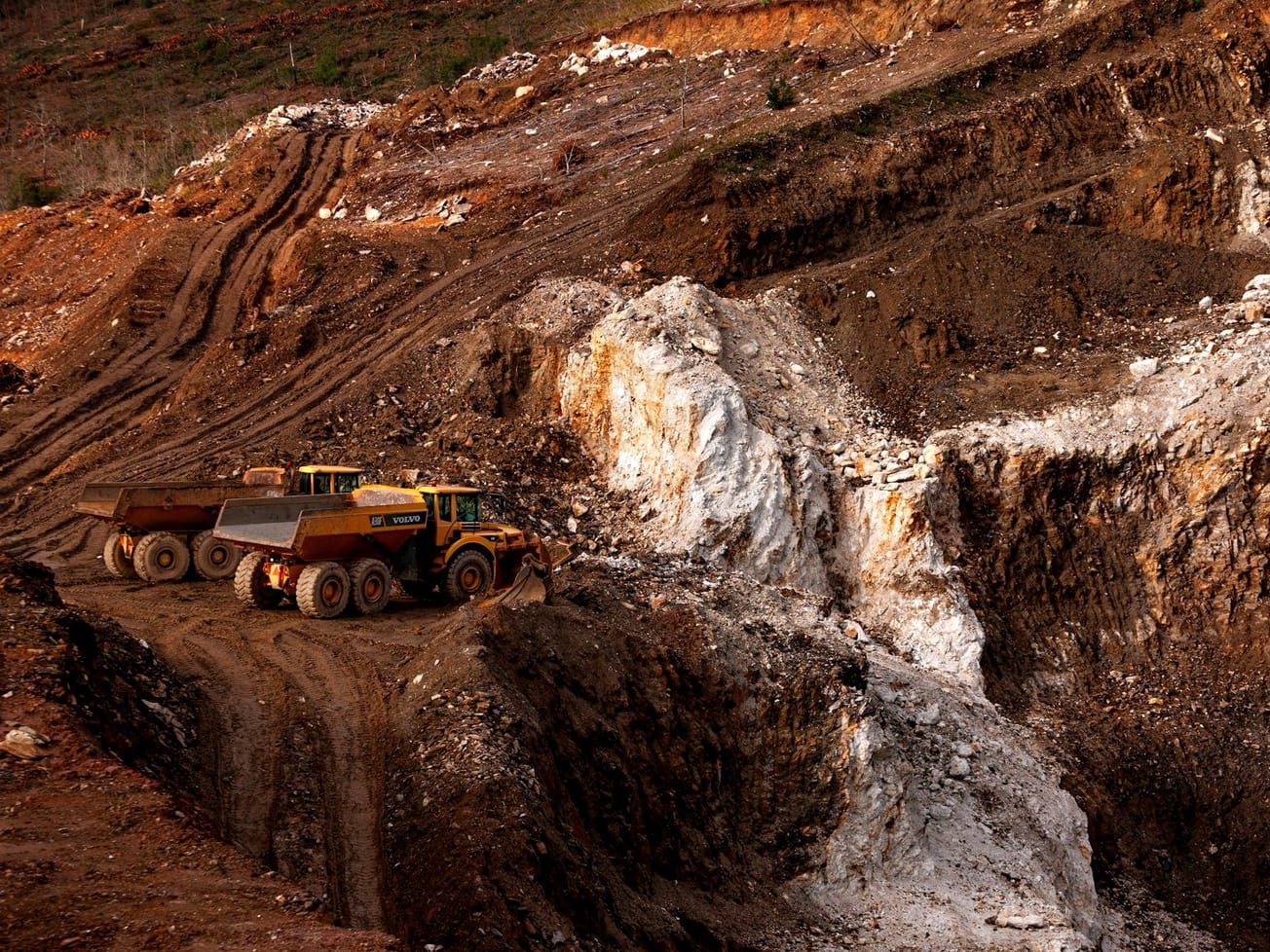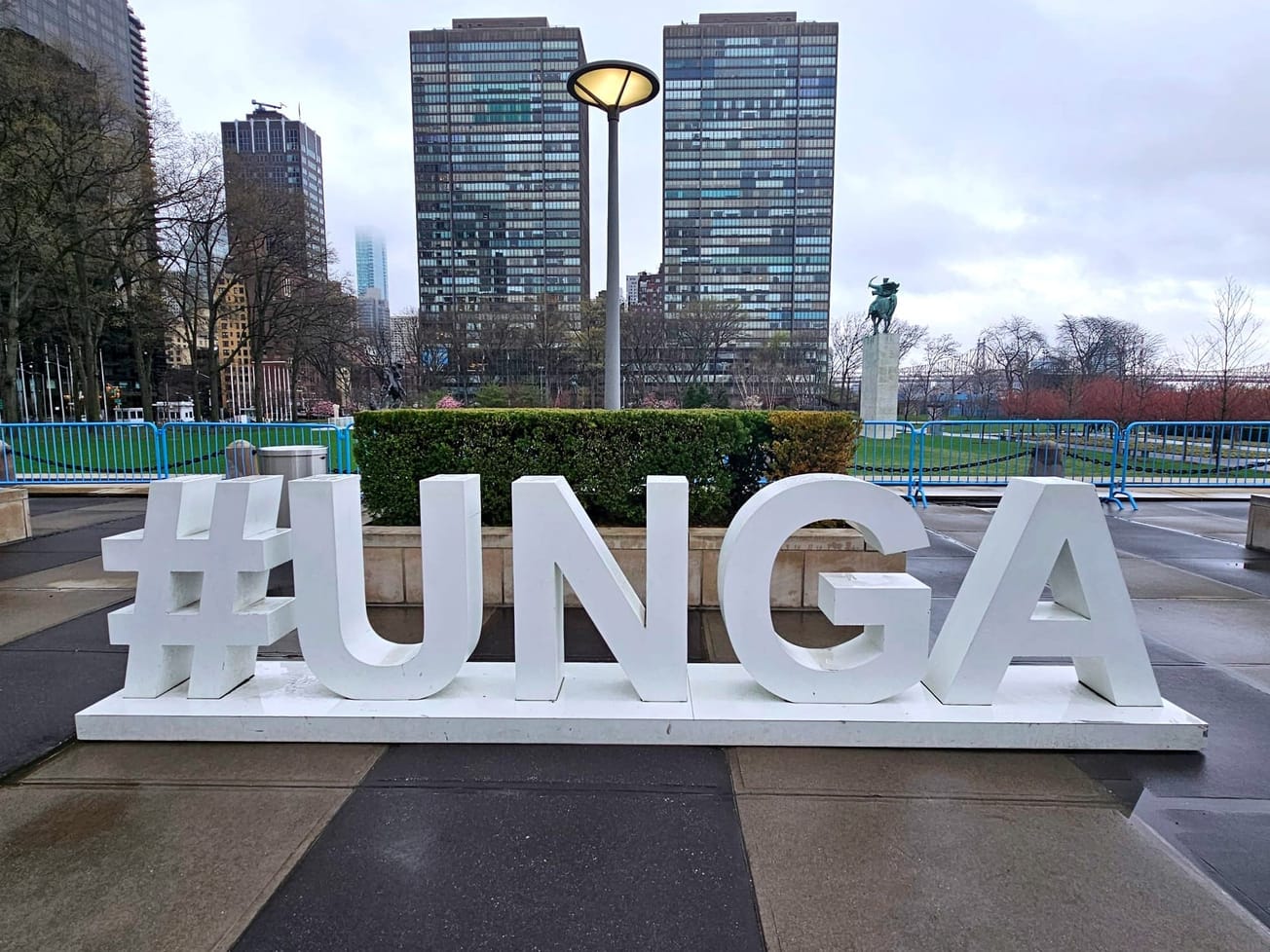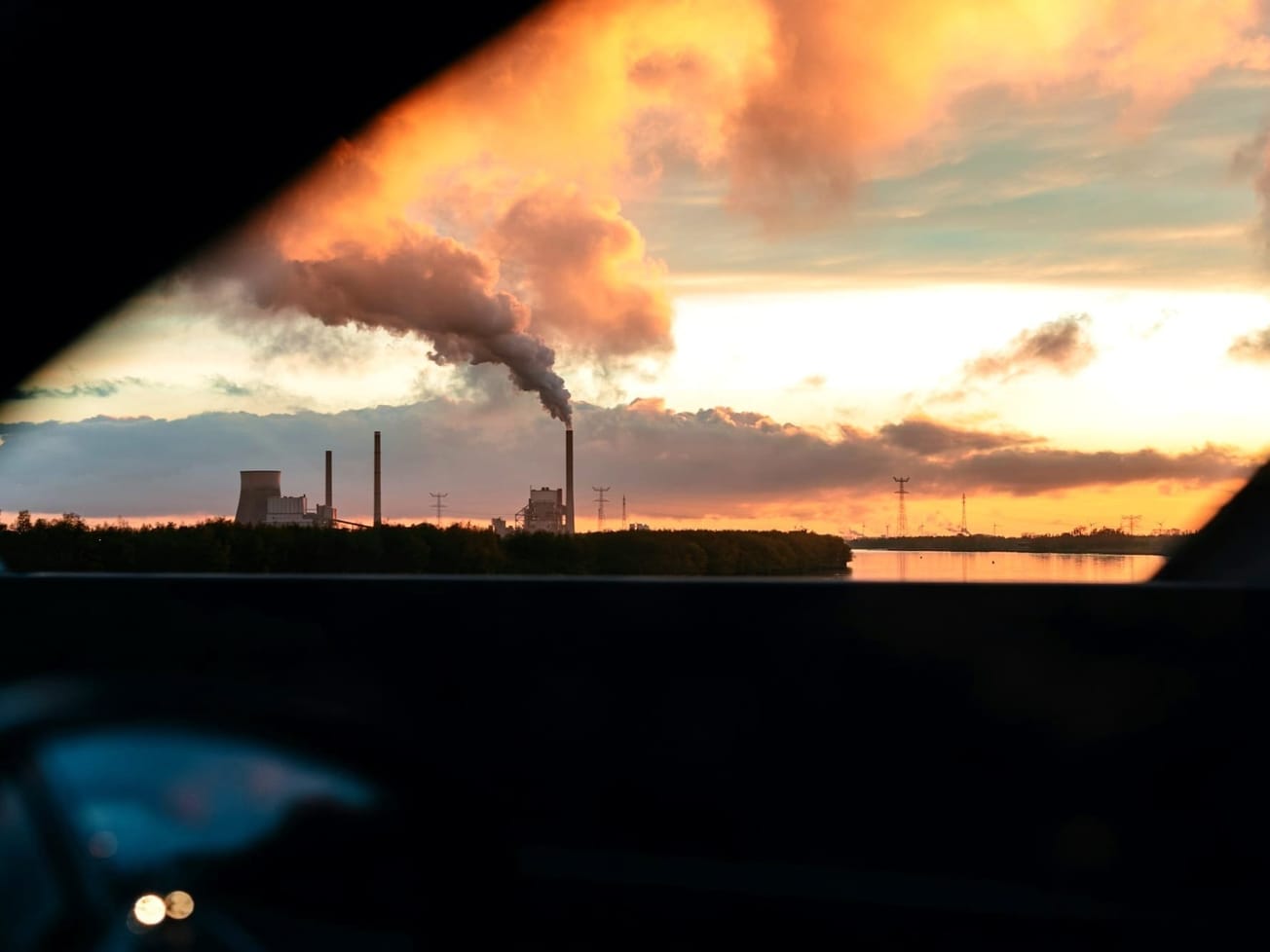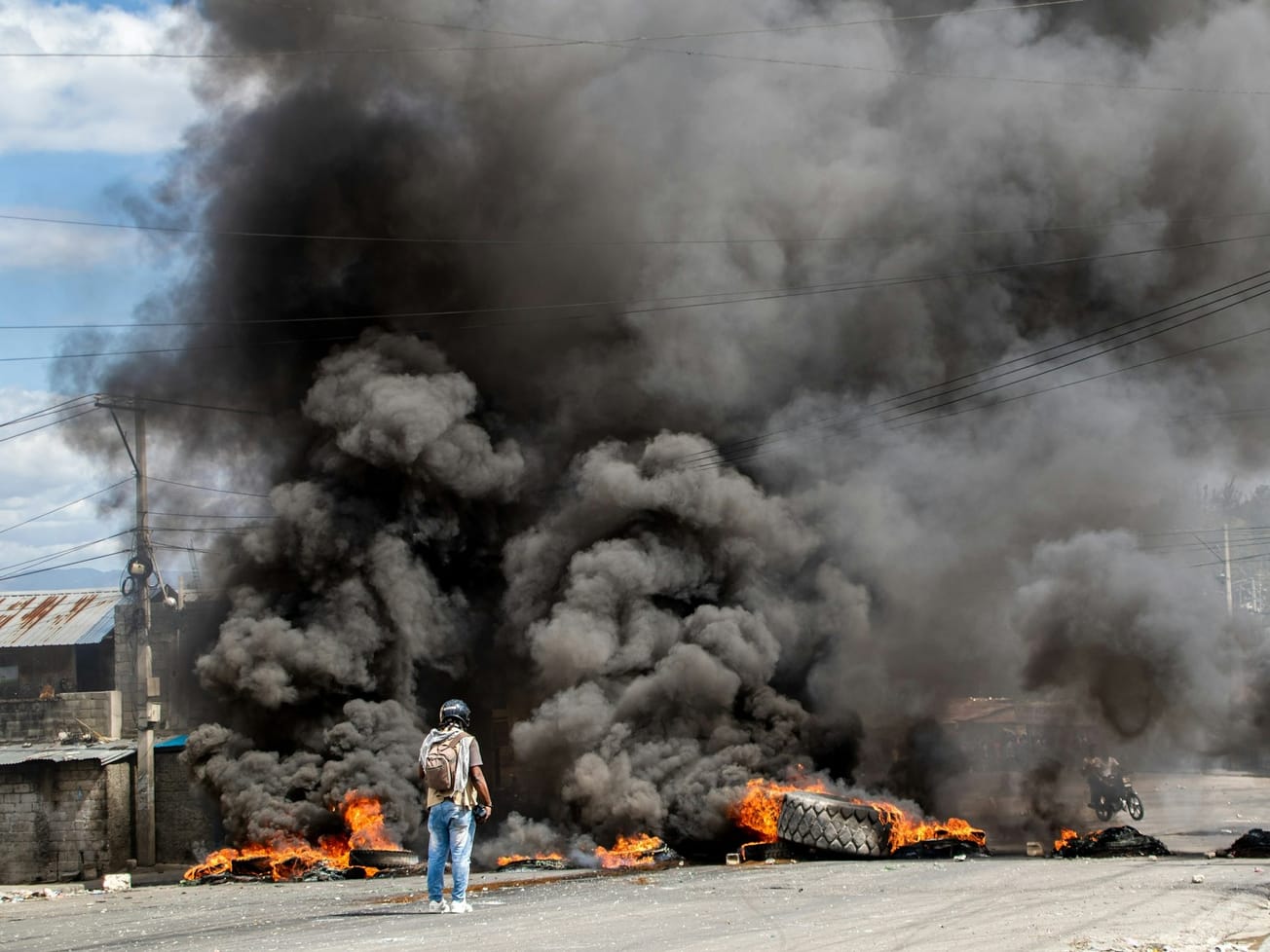
Almost nine in 10 journalist killings went unpunished around the world
UNESCO verified 162 journalist killings in 2022 and 2023 – one every four days – including 44% in areas of armed conflict.
Global issues are complex challenges that require international cooperation, from mitigating climate change to addressing global poverty and geopolitical conflicts. Of the U.N.'s 169 targets for sustainable development, only 35% are on track or making moderate progress toward their 2030 deadline.

Already have an account? Log in
UNESCO verified 162 journalist killings in 2022 and 2023 – one every four days – including 44% in areas of armed conflict.
Scientists say at least 16,425 tree species are at risk of extinction as agriculture expands and the climate changes.
In 1958, climatologist Charles David Keeling pioneered CO2 measurement in the atmosphere on a Hawaiian volcano.
When nations update their pledges to cut greenhouse gas emissions next year, only a massive improvement will work.
A new report shows governments and consumers face tough choices over cheap supplies and surging electricity demand.
An international team of scientists finds a growing number of the planet’s key climate indicators have reached record levels.
The U.N. weather agency calls for urgent action to protect water supplies, the ‘canary in the coalmine of climate change.'
The five-year partnership aims to help ski federations, venues and race organizers better manage natural and artificial snow.
Some 1.9% of electricity globally was consumed by 148 digital companies, including 10 big users in Asia and the U.S.
A new IEA report shows that tripling renewables and doubling energy efficiency can be achieved with 'enabling' conditions.
The pact, approved by consensus, outlines 56 broad actions, including an explicit call to phase out fossil fuels.
If an agreement is reached before the end of the year, the World Health Assembly would need to meet in December.
The summit will attempt to overcome fracture lines that have been dividing major powers and the developing world.
A U.N.-led group says the world won't be able to get to net-zero emissions without first cleaning up the mining business.
U.N. leaders urged nations to bring the Sustainable Development Goals 'back to life' and chart a post-2030 agenda.
People's health, nature and farmland all suffer from the spiraling negative impacts, says the U.N. health agency.
